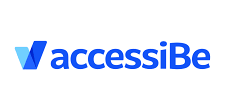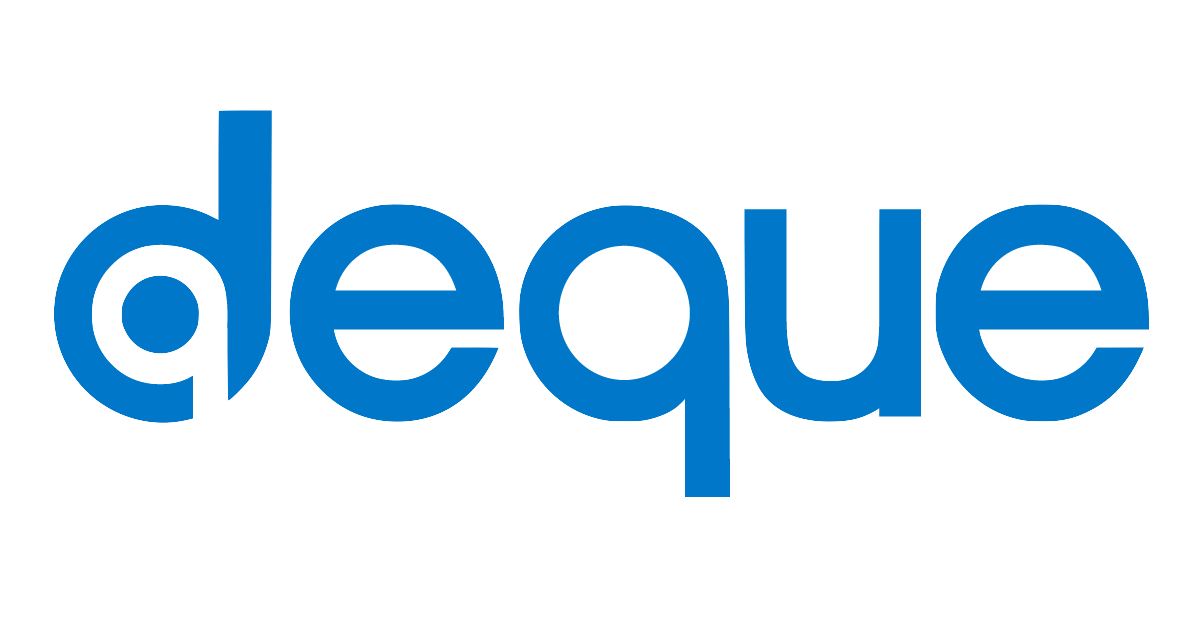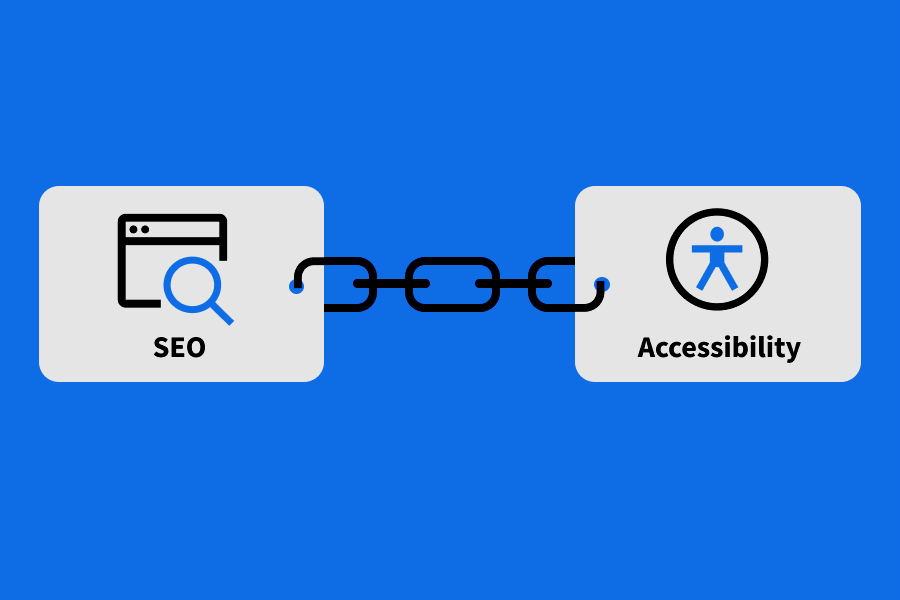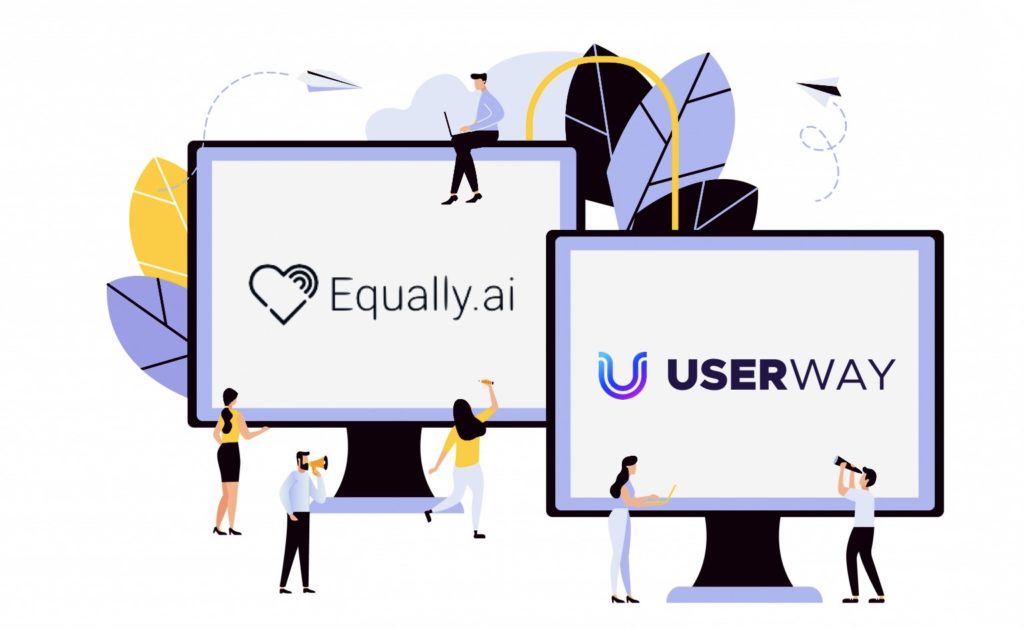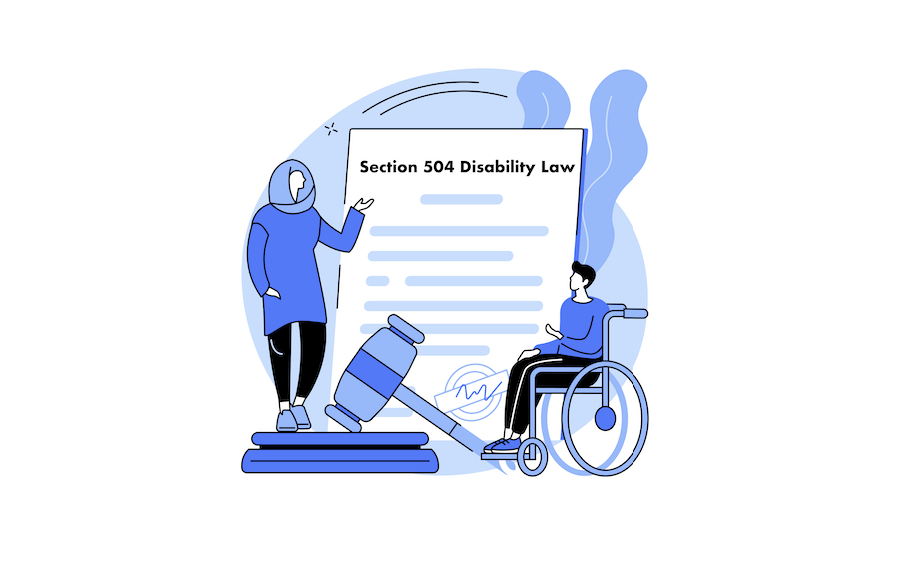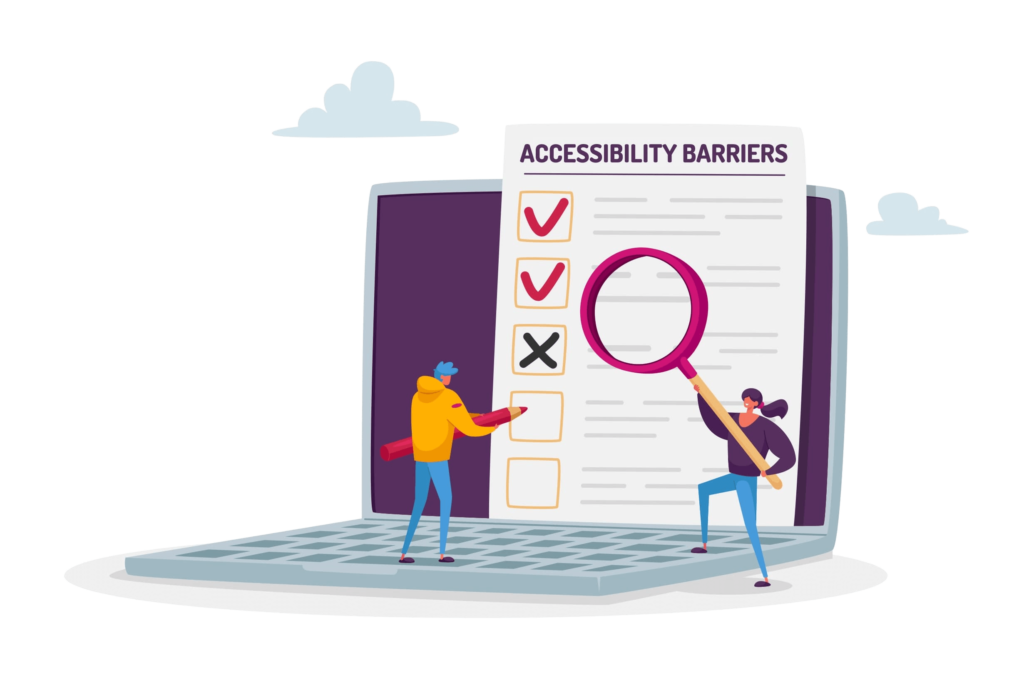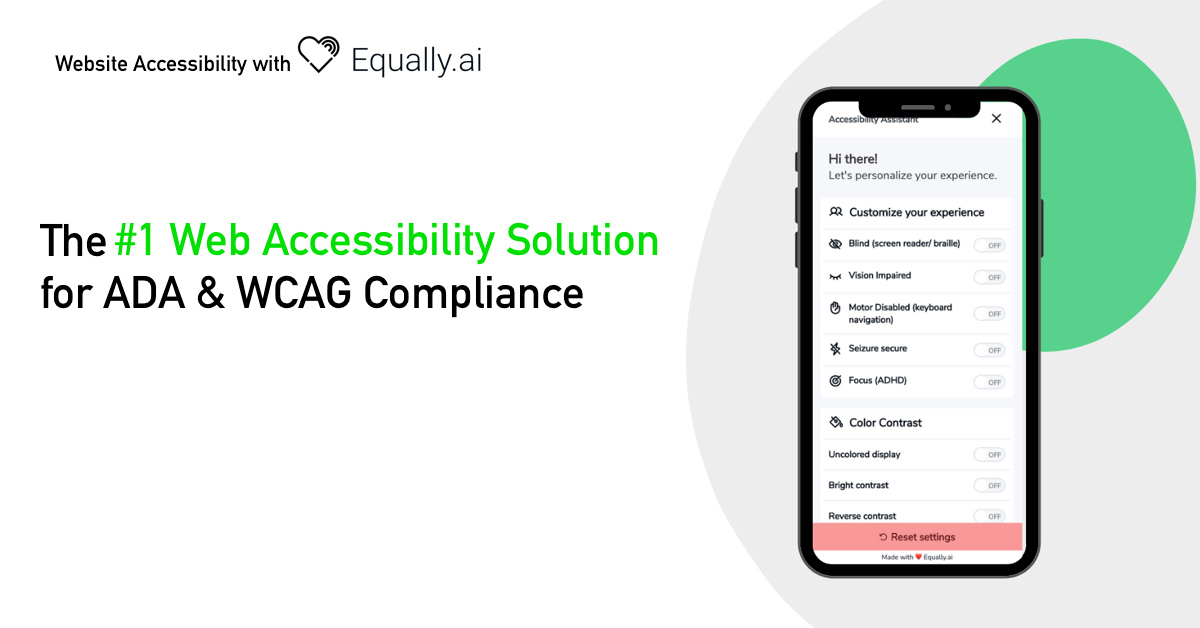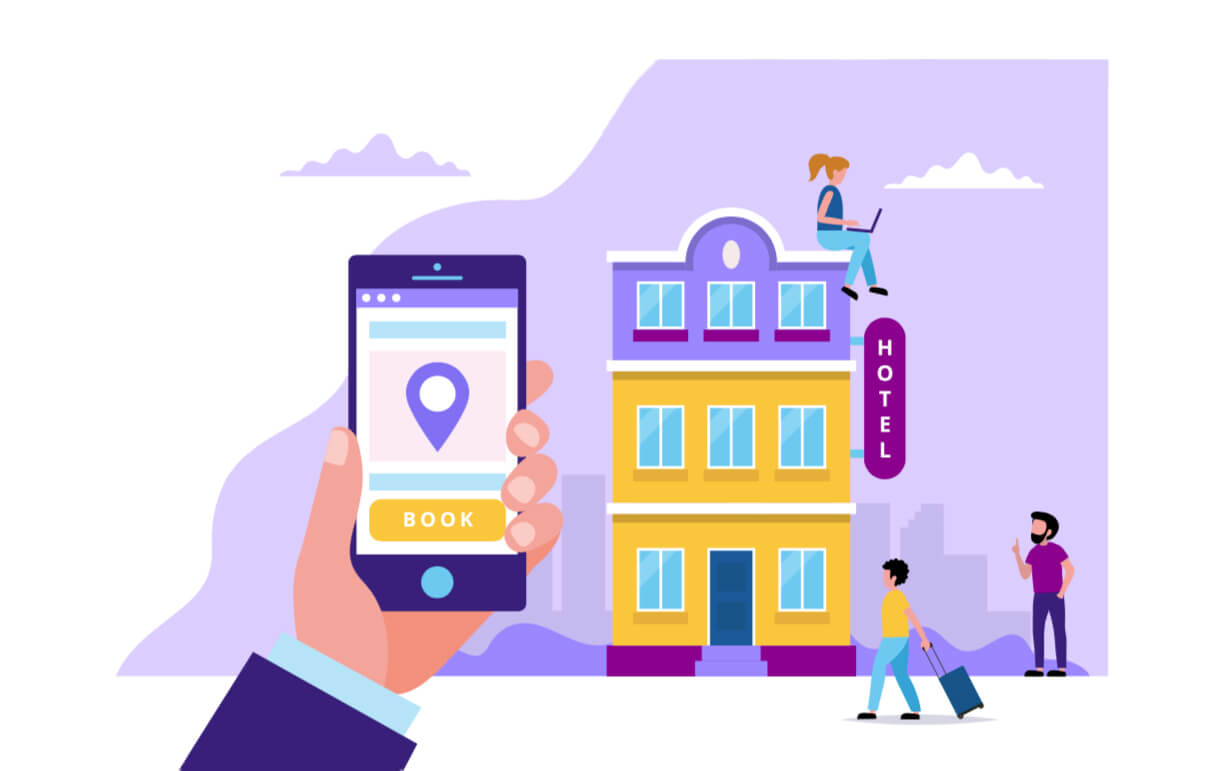
Web accessibility should be a top priority for hospitality, it is important for all hotel and restaurant websites. Hospitality means ‘warm’ and ‘friendly’ treatment, which is an indirect synonyms for ‘accessible’ and ‘inclusive.’ Meanwhile, the overriding objective of the WCAG is to enable people with disabilities to have a hitch-free encounter with the web. As lawsuits continue in the hospitality industry, hotels and foodservice websites need to be accessible and ADA compliant to boost customer trust and ensure equal access for all.
Luxury rooms, bed and breakfasts, snacks and drinks, movies and amusement parks, cruise ships, and airlines call a pleasurable feeling to mind. The term ‘hospitality’ has its origins in ‘hospes‘ (a Latin word meaning stranger or visitor). For many centuries, it has referred to a state of homely feeling in a strange land. Unlike other sectors, the hospitality industry is a broad niche with a host of businesses coming together to make it whole. The industry comprises two major big industries:
- Food and Beverages (otherwise called F & B)
- Accommodation or Hotel & Lodging
Because it intersects with other sectors, travel, tourism, and recreation often fall under this business niche. On the other hand, some believe that the tourism value chain rather encompasses the hospitality sector and not the other way round. At any rate, both industries overlap and are hardly mutually exclusive. Owing to its diverse sub-sectors, the industry happens to be one of the most valuable, talking of market share. Web accessibility is becoming increasingly important for the hospitality sector.
Hospitality begins on the web: accessibility in 2021
People are dedicating a higher cut of their earnings to leisure and convenience. If you ask Google how much the hospitality niche is worth, you would be startled by the mammoth statistic. Globally, the hotel industry alone was valued at 600.9 billion USD in 2018.
The Foodservice market, which refers to the sale of food and beverages for on-the-go consumption, takeaways, or home deliveries, is even larger. Due to a growing preference for hassle-free nutritious meals, the global food market reached US$3.5 trillion in 2019. If you live or work far away from a restaurant of your choice, you are likely to order a meal online on a sunny day instead of driving down to buy lunch. The same is what most Millennials and working professionals will do. As you already know, the internet has changed the way people consume any service today. That revolution has not left out hotels, airlines, and fast food businesses. Hence, it is more important for restaurant and hotel websites to be accessible and ADA compliant.
Hospitality begins on the web and may stop there as the world shifts toward the ‘new normal.’ In 2018, the US online food delivery market hit $17.5 Billion, according to Research and Markets. Estimations reveal that this figure could surge to $32.7 billion in the future. As with food and groceries, travelers rely on the internet to book hotels and flights for their trips. To think of hotel booking without the internet is to imagine the Amazon without water — it is difficult, if not impossible. According to a recent survey, 75% of travelers now book their hotels online while the remaining fractions book over the phone or via email, or through a travel agent.
ADA web accessibility litigations are exploding in the hospitality industry
Although accessibility implies hospitality, businesses in this sector have repeatedly fallen short of this fundamental value offering. It seems most firms have yet to understand the need to replicate the warm physical smile and kind gesture in a virtual dimension. If more and more people call on the website instead of physical stores, shouldn’t the traditional style of reception be re-targeted? How should they do this? By making website navigation a walk in the park instead of a nightmare for potential online customers.
Even with assistive technologies, some visitors still find it challenging to carry out their requests on certain websites. For this reason, web accessibility lawsuits against restaurants and hotels are becoming commonplace. In case you do not know, restaurants are the second target of ADA lawsuits, ranking closely behind the retail industry. About 10% of web-based ADA litigations in the federal courts involve restaurants. Domino’s Pizza case is an easy point of reference.
Guillermo Robles, in 2016, filed a lawsuit against the pizza franchise on the grounds of access barriers despite using screen-reading software. Not only was the website inaccessible, but also the brand’s mobile app. That was a negative experience and an antithesis of what Domino’s stands for.
In a similar vein, hotels are getting a hard-hitting wave of the American Disabilities Acts litigations. What is annoying about these lawsuits —and why your brand should avoid it like the plague — is multiple litigations. Some die-hard plaintiffs would sue businesses indiscriminately. A certain Juan Gil is on record to have filed up to seventy ADA lawsuits against different brands. Several lodging companies have received demand letters or what is called a “surf-by” lawsuit. “Surf-by” is a new coinage for a ridiculous situation whereby someone (a plaintiff or its attorney) logs onto a company’s site to determine potential barriers without necessarily wanting to make a purchase.
Common Accessibility suggestions for hotel and restaurant websites
Prevention is better than cure — it is also wiser, cheaper, and more dignifying in relation to web accessibility. Having a lawsuit against your hotel or restaurant is not good publicity, not to mention the enervating mental and financial stress that comes with court proceedings. Interestingly, there are precautionary steps you can take to make the situation a win-win. Some of which are:
1. Conduct an accessibility audit
An evaluation of a business website is the first step towards compliance; every other thing follows this. There are several ways to do this. You may hire an accessibility firm to conduct a manual or automated, or hybrid audit on your website. Brands like UserWay or EqualWeb are good options to consider for your hotel website compliance evaluation.
Another alternative is to run over your site with any of the automated free ADA checkers out there. However, suppose your brand operates a large website. In that case, the best thing is to hire a website accessibility firm to do the heavy lifting for you because most free checkers have limited functionalities.
It is advisable to conduct both manual and automated checks on your website to get to the root of every existing violation on your online platform. We recommend that you pay special attention to your site’s compatibility with screen readers and other visual or hearing aids. From experience, the majority of access barriers occur with screen readers, which blind customers employ for navigation. You should ensure that online reservation or ordering services receive a special check.
2. Remediate as soon as yesterday
As soon as your audit reports are out, you should not waste time with the remediation process. The primary purpose of an initial audit is to create a course or plan for remediation. Consequently, your remediation plan should prioritize violations with the severest impact, especially those dealing with visual disabilities and screen-reading software. In effecting your remediation roadmap, a delay may be very dangerous. According to UsableNet, a website-related lawsuit is filed every hour in the US. Since no assurance exists that an attorney won’t walk into your office the next hour, you had better fix up your site.
Bear in mind that fixing your website once will not make it compliant forever. Accessibility compliance is a continuous effort, and you need a system to keep up with this reality. Against this background, we suggest you sign companies with an ongoing remediation plan to get the burden off your neck.
3. Express your commitment to accessibility compliance
Let’s face it; accessibility is a moving target. It is especially so for large business websites that churn out timely content. This reality helps to publicly declare your brand’s determination to strive at keeping an inclusive website. This is what an accessibility statement does for business. Therefore we strongly encourage you to get one.
4. Create a feedback mechanism
It is extremely cogent to make it easy for users to lodge accessibility complaints as soon as they encounter a challenge. This will foster a sense of trust and may ultimately save you from court hassles.
Conclusion
If you run a business within the food service or lodging and accommodation niche, you should ensure your hotel or restaurant website is accessible, or you end up burning your fingers. In 2019, 60% of top restaurants received a digital lawsuit. For this reason, web accessibility is mandatory for restaurants and food services, hotels, recreational parks, travel agencies, or any business in the hospitality industry. Instead, it should be a chief concern.
Needless to say, keeping an inclusive website comes with a host of benefits — it increases customer satisfaction, boosts sales, and fosters a positive brand image. Not maintaining a barrier-free digital platform, on the other hand, discourages patronage and affects revenue. Neglecting the WCAG requirements predisposes your website to inaccessibility. As much as it means a lack of credibility for your brand, it is an advantage for competition.


